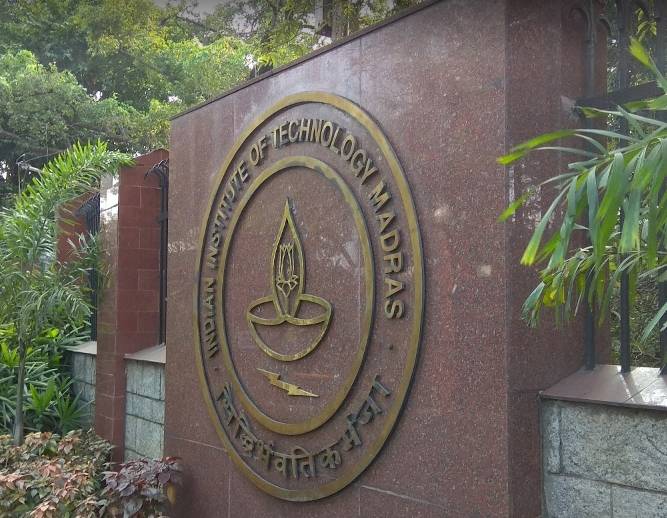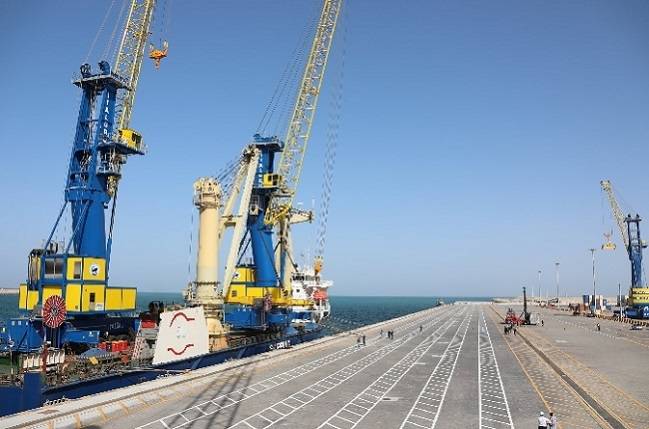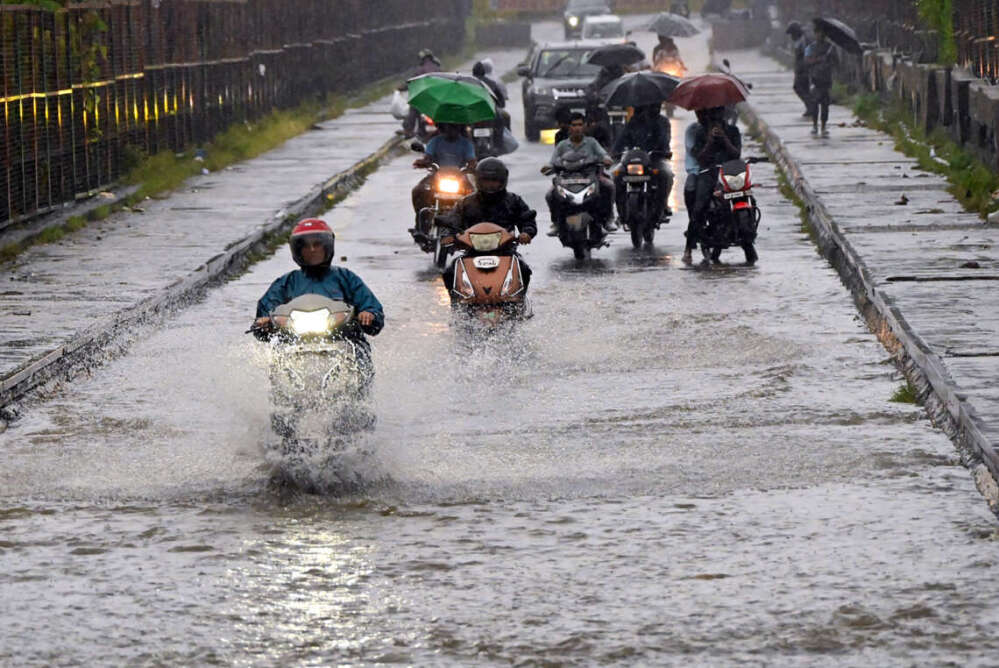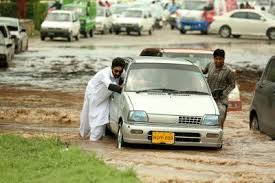E-waste is one of the pressing issues in India as well, with the country being the world’s third largest producer. Further, between 2019 and 2020, Indians generated 38 per cent more e-waste…reports Asian Lite News.
Indian Institute of Technology, Madras (IIT-M) is developing an innovative model to tackle electronic waste (e-waste) by linking stakeholders in the formal and informal economy.
Called ‘e-Source,’ it will be an exchange platform that will serve as an online marketplace for Waste Electrical and Electronic Equipment (WEEE) and facilitate a formal supply chain between buyers and sellers, a IIT-M release said.
This initiative can become a critical resource by enabling reverse logistics supply chains and help recycle 53.6 million tonnes of e-waste world generates annually, and is potentially a $50 billion market, it said.
According to studies, global e-waste is expected to double in the next 16 years. Studies also estimated that 85 per cent of this is being lost globally. IIT Madras researchers focused on the “circular economy”, and are working to address the gaps in the e-waste sector, which can potentially open doors to a $50 billion economy.
E-waste is one of the pressing issues in India as well, with the country being the world’s third largest producer. Further, between 2019 and 2020, Indians generated 38 per cent more e-waste. However, what is more worrying is that only 5 per cent of e-waste is recycled responsibly in the country, the release said.
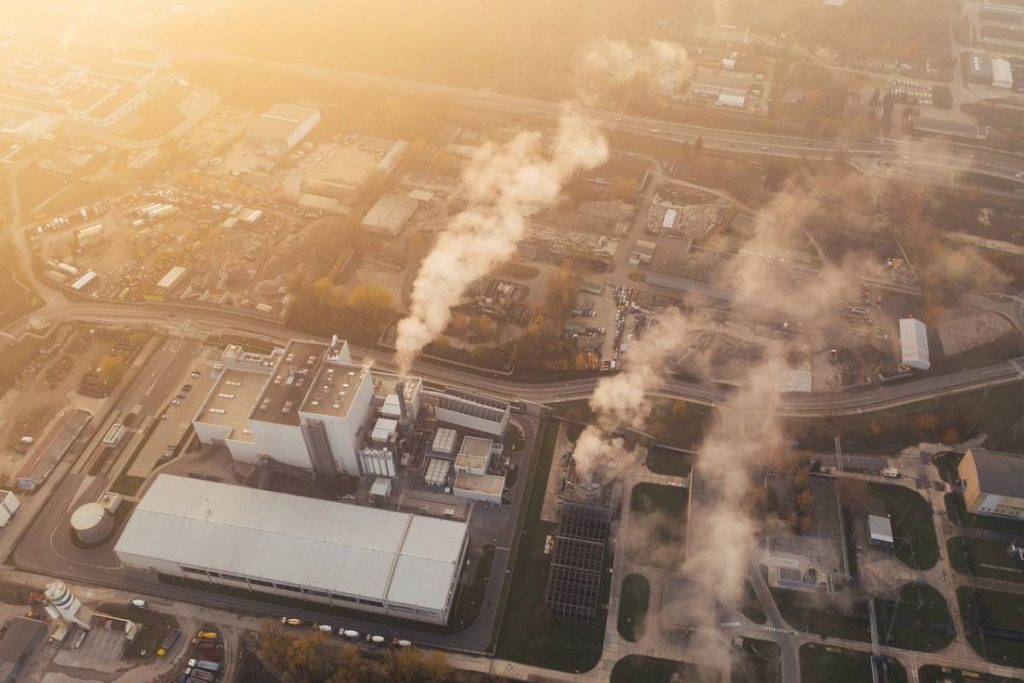
The e-Source initiative is being spearheaded by the Indo-German Centre for Sustainability (IGCS), which believes that the problem of e-waste could be resolved by connecting different buyers and sellers of used and waste electronic equipment and components without compromising their interests, the release said.
Highlighting the need for ‘e-Source’ initiative, IGCS faculty member Prof Sudhir Chella Rajan said: “E-wastes are typically either completely stripped down for precious metals and other high-value materials or dumped in landfills by waste handlers, without exploring potential re-use and repurposing options. Unscientific recycling methods are harmful for waste handlers and the environment.”
Rajan, also a faculty in the IIT-M’s Department of Humanities and Social Sciences, said: “e-Source is a unique open-source platform that will evolve towards using machine learning for better traceability of e-waste in compliance with guidelines and help increase the opportunities for repair and re-use of e-waste. This will potentially improve livelihoods for youth and women in periurban settings by upgrading their skills and improving occupational health and safety, reduce the flow of toxic materials in waste streams and broaden the market for affordable, second-hand e-devices.”
This initiative requires forging collaborations and influencing the stakeholders in the informal markets who are primary users/buyers of used electronic goods and sellers of electronic spares, ICT components and electronic equipment. This would ensure enough volumes are generated for repair, re-use, and recycling for larger players (e.g., authorised recyclers) to operate along with aiding stand-alone repair-men to acquire electronic components independent of the centralised grey markets, the release added.
A majority of India’s pollution control agencies remain closed entities when it came to sharing information with the public with a mere handful of India’s pollution control boards and authorities are adequately putting out environmental and governance information into the public domain, a new rating study by Centre for Science and Environment (CSE) has found.
For calculating the Transparency Index and rating of pollution control boards on public disclosure – as the study is titled – the CSE assessed the data disclosure performance of 29 state pollution control boards (PCBs) and six pollution control committees from across the country. Of these, only 17 boards and committees scored 50 per cent or above.
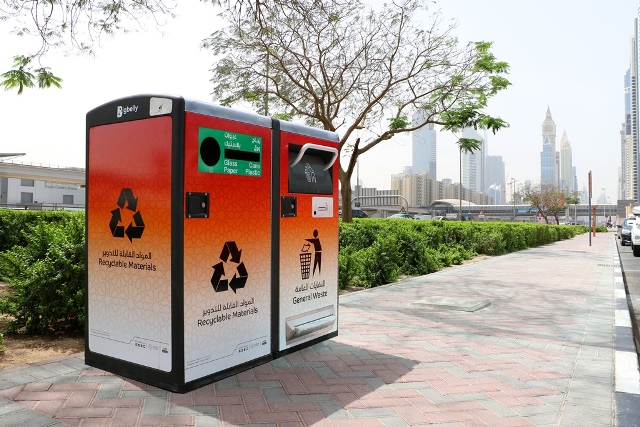
These are from Odisha, Telangana, Tamil Nadu, Madhya Pradesh, West Bengal, Goa, Karnataka, Haryana, Chhattisgarh, Himachal Pradesh, Jammu & Kashmir, Kerala, Maharashtra, Uttarakhand, Punjab, Andhra Pradesh and Rajasthan.
“Governance and functioning-related data remains paper-bound: Information on functioning, actions taken by a board against polluting industries, public hearing data on new projects etc are rarely disclosed or remain difficult to access on the websites,” CSE said in a release here.
“State PCBs are entrusted with several functions under the provisions of the Water Act, 1974; Air Act, 1981; Water Cess Act, 1977; and various rules and notifications issued under the Environment (Protection) Act, 1986. One of these functions under Section 17(C) of the Air and Water Acts is to collect and disseminate information related to air and water pollution and also about its prevention, control or abatement. The law asks the boards to share the data in public domain. But this is rarely done in practice,” said programme director, Industrial Pollution Unit, CSE, Nivit Kumar Yadav.
ALSO READ-India constructed 703 km of highways using plastic waste
READ MORE-Over 56K tonnes of Covid biomedical waste generated in a year


